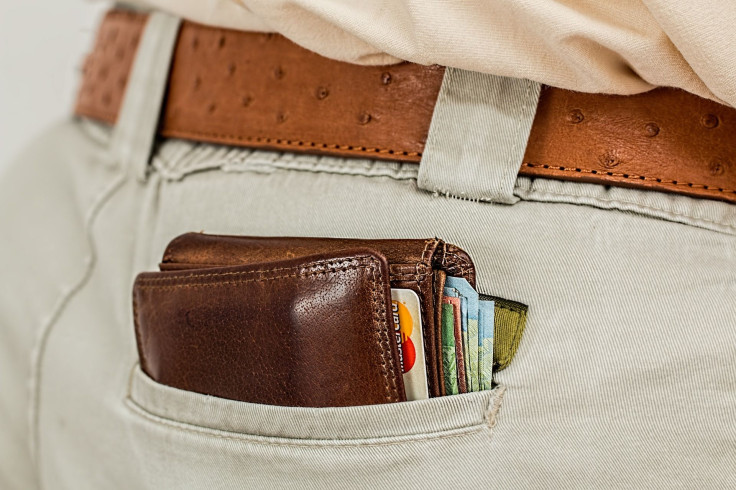Second Stimulus Check Update: BBB Warns Against Scammers Trying To Get Your Money
KEY POINTS
- BBB warns Americans not to respond to unsolicited text messages or calls about stimulus checks
- Americans lost more than $200 million to stimulus check fraud since January
- Fraud activity will likely pick back up as the IRS sends out direct payments
The Better Business Bureau urged Americans on Sunday to be wary of scams involving the new round of stimulus checks as the IRS delivers relief payments.
Julie Wheeler, president and CEO of the BBB in Western Virginia, said the nonprofit organization has already received reports of scammers contacting people to try and extract personal information. The organization suggested ignoring high-pressure tactics.
“You are not going to receive an email, a phone call or a text from someone saying they are with the treasury department or the IRS or providing a link where you need to complete that link in order to get your stimulus payment or to make sure you get the money that you’re allotted,” Wheeler said.
The BBB also warned against responding to a call from someone claiming to work with the Internal Revenue Services.
“That’s the hardest thing when someone contacts you and says you have to provide this information in order to get your stimulus payment. They are just trying to get your personal information. Those are not legitimate links or points of contact, they are not coming from a government agency,” Wheeler added.
Since January, Americans have lost more than $200 million to coronavirus relife scams and stimulus check fraud. The Federal Trade Commission has also received over 275,600 complaints.
Fraud activity has died down from record-highs in early 2020. But experts believe it will pick back up after President Donald Trump signed the $900 billion coronavirus relief package that includes $600 stimulus checks.
The new legislation will provide millions of American individuals and couples with direct payments. Child dependents under the age of 17 and individuals from mixed-status households would also get $600 personal checks.
The IRS and Treasury Department have already begun sending out second stimulus payments via direct deposit on Dec. 29. Direct deposits in the bank account may be marked as “pending” or “provisional” until the official release date on Monday.
Individuals who do not have their direct deposit information on file with the IRS may receive the payment as a check or EIP debit card in the mail. The agency began sending paper checks out on Dec. 30.

© Copyright IBTimes 2025. All rights reserved.




















